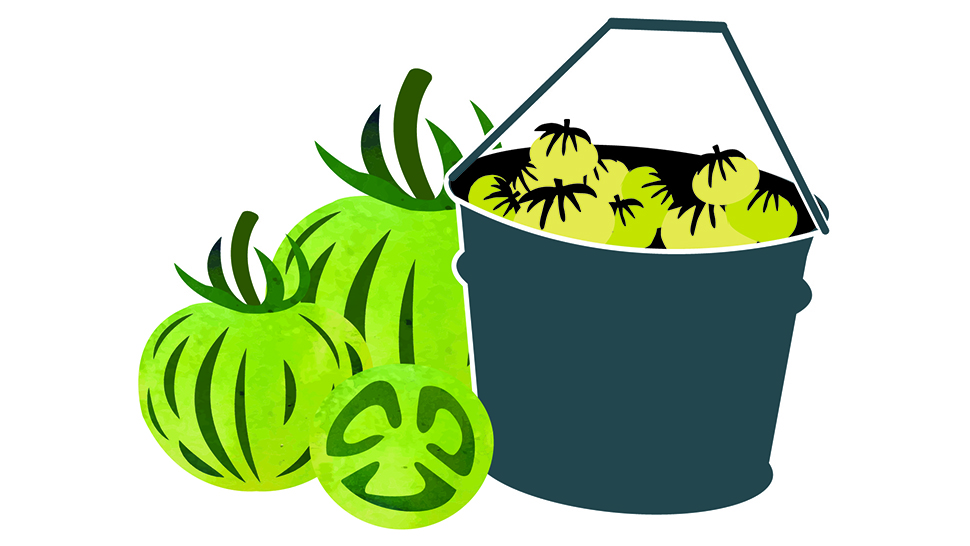Fifty Cents and the Fight for Farmworkers’ Rights
- by bonappetit

What is the meaning of fifty cents? In today’s world, two quarters might get you a stick of gum, a postage stamp, or one small piece of fruit. Compared against the national minimum wage of $7.25 per hour, fifty cents are equivalent to a little over four minutes of work. For a farmworker, however, fifty cents mean something entirely different.
Fifty cents is what a farmworker receives for every 32 pounds of tomatoes they pick. Compensation for tomato pickers has risen little since the 1980s, which means that workers must pick over 2.25 tons (that’s 4,500 pounds) in a typical 10-hour workday to earn the equivalent of the federal minimum wage. This is a nearly impossible feat, made more difficult by the impacts of climate change, considering the risks of heat stress and unpredictable weather patterns.
Due to agricultural exemptions in the Fair Labor Standards Act (FLSA), farmworkers are excluded from minimum wage laws and other basic labor protections. Despite being one of the lowest paid jobs in the nation, it’s also one of the most hazardous and difficult occupations in the United States — an unjust contradiction for the 3 million farmworkers our food system relies upon.
For the last 30 years, the Coalition of Immokalee Workers has developed groundbreaking programs and initiatives to fight for farmworkers’ rights. One of their landmark achievements is the Fair Food Program, which guarantees an additional penny per pound for Fair Food Certified tomatoes and compliance with a code of conduct that protects workers from unsafe labor conditions. Back in 2009, Bon Appétit Management Company was the first food service company to sign the Fair Food agreement, ensuring that the five million pounds of tomatoes we purchase each year are contributing to higher wages and better treatment for workers.
This year for National Farmworker Awareness Week, we are asking the communities we serve to consider the hidden meaning of fifty cents for farmworkers in the US: who picked your tomato, and what value does our society place on their work?
Learn more about the work we’ve done so far, and the successes and struggles of achieving higher wages for farmworkers.